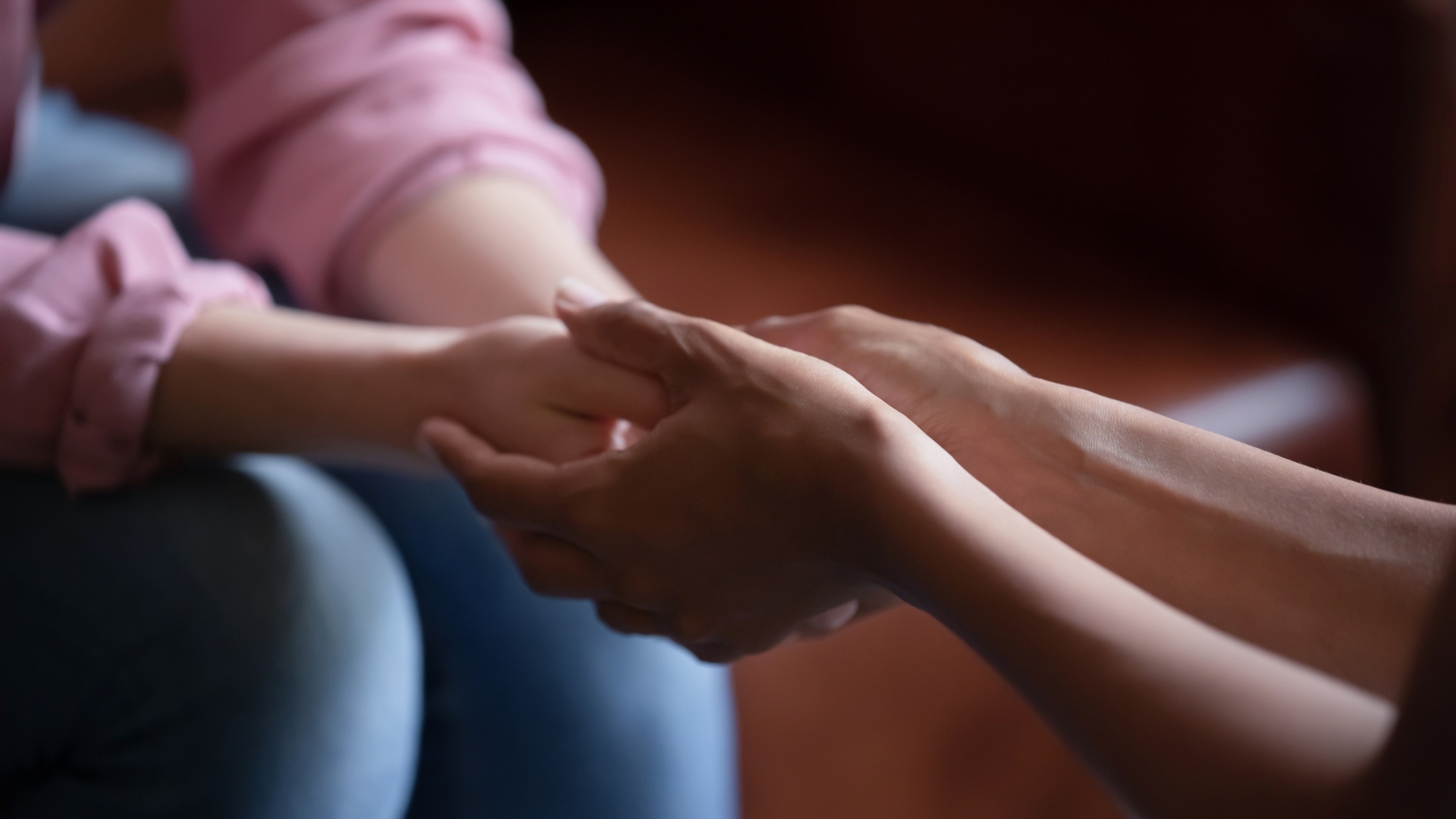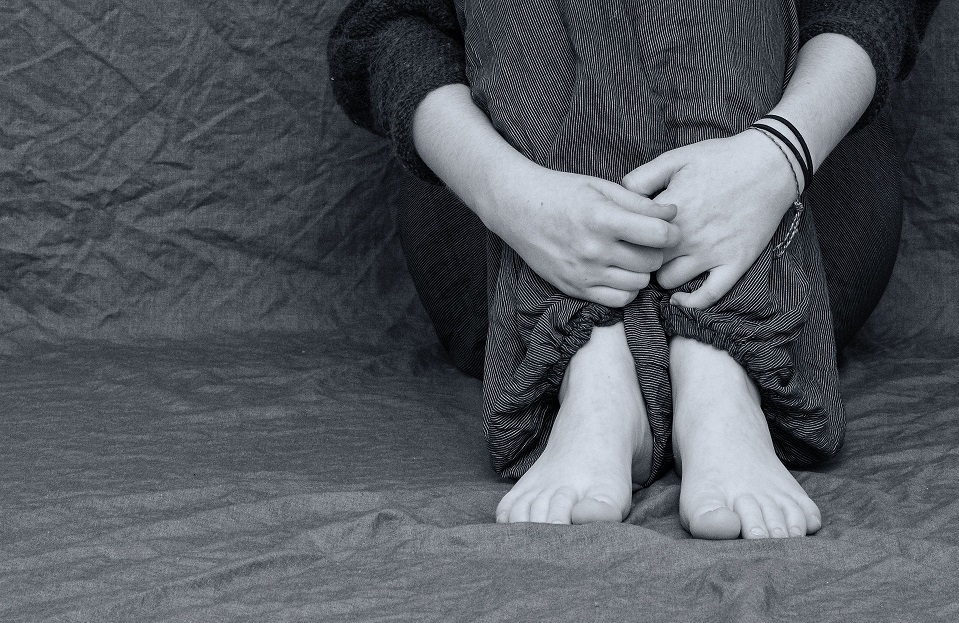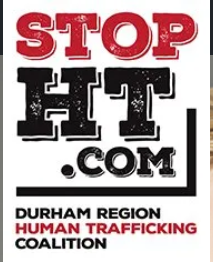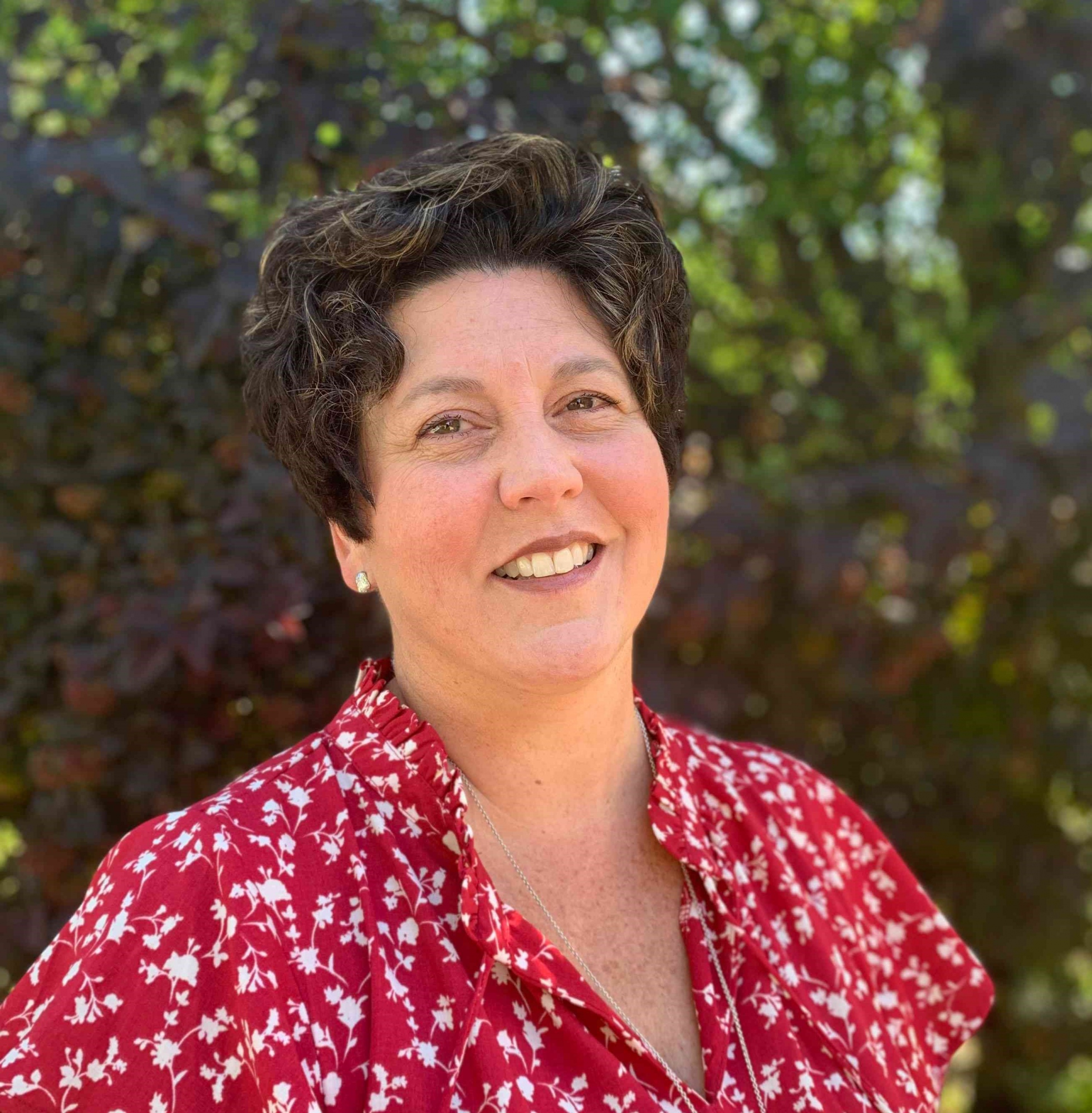Responding to Human Trafficking During COVID
Responding to Human Trafficking During COVID
By Jocelyn Siciliano
April 2022
 The importance of having a sensitive and informed response to domestic sex trafficking was put to the test during COVID-19. Many expected human trafficking would slow down during a global pandemic. What we saw was the exact opposite.
The importance of having a sensitive and informed response to domestic sex trafficking was put to the test during COVID-19. Many expected human trafficking would slow down during a global pandemic. What we saw was the exact opposite.
The Region of Durham has had its Human Trafficking Response Teams (HTRT) since 2018. They were developed to respond to a need and include both adult caseworkers and the Trusteed Youth team, who provide support to recipients under the age of 18.
Victims of human trafficking require flexible and comprehensive service, whether they are applying for Ontario Works or are already in receipt of benefits. These frontline caseworkers have specialized training, follow protocol developed specifically for this client group, and collaborate with other service providers to ensure adequate supports are made available. Ontario Works (OW) in Durham works closely with Victim Services Durham and our partnership allows us to do the best we can to meet the basic needs of every victim. And it doesn‘t stop there.
Durham‘s Human Trafficking Coalition is a collaboration of service providers in our Region who are dedicated to this issue. Over 40 community partners sit at the table. The Durham Regional Police HT Unit and CARE team help set the tone for the Region as a whole. Their focus is to support victims first, with laying charges against the perpetrators coming second.
Karly Church, an outreach worker with Victim Services Durham who is a survivor of human trafficking herself, is embedded in the police unit. She also has regular contact with victims at the OW office. The importance of her role in Durham‘s response cannot be overstated.
The benefits of allowing those being trafficked to speak to someone who was in a similar situation and made it to the other side are monumental! Couple that with a sensitive response from a government office and their staff, and you have introduced hope to someone who once had little. At Durham OW, victims are not judged. They are welcomed, believed, listened to, and heard.
At the beginning of COVID-19 and lockdowns, we found ourselves wondering if less sex trafficking would take place. Would victims still be recruited and moved from hotel to hotel during a pandemic? Who would risk going to engage in sex with a stranger? Surprisingly, DRPS saw a 14% increase in trafficking during the pandemic and the average age of victims went down.
 Traffickers adapted to schools and malls being closed and took full advantage of our isolation along with the increase in screen time. Recruiting on dating websites and chat rooms became commonplace. And, vulnerable youth and young adults, desperate for friends and connections, were targeted.
Traffickers adapted to schools and malls being closed and took full advantage of our isolation along with the increase in screen time. Recruiting on dating websites and chat rooms became commonplace. And, vulnerable youth and young adults, desperate for friends and connections, were targeted.
Providing service during COVID-19 proved challenging. Before the pandemic, victims of trafficking would often arrive at our front counter to ask to speak to a worker or to ask for help. For others, signs of sex trafficking would be revealed in a face-to-face appointment with a caseworker who was trained to see the red flags.
With offices closed, clients couldn‘t just walk in and, unfortunately, contact via email or the phone does not work well for this client group. Victims may not have the privacy to speak safely, and texts and emails can be read by their trafficker. It is not uncommon for these clients to have someone in the background speaking for them while they are on the phone, or for someone in control to be screening their calls.
Likewise, with schools closed, those that once relied on their teacher or guidance counsellor for support were no longer seeing them outside of a google classroom meet. Members of the HTRT really missed the opportunity to read body language and assess how their clients were doing from one visit to the next. It was also much more difficult to build rapport and trust.
 For this reason, a work-around was put into place. Victims of trafficking could be seen either at a community hub or the OW office at Regional Headquarters. That meant staff and clients might chat outside on a rock or in a safe space indoors that was equipped with a plexiglass screen and enough space for physical distancing. For victims, kind and caring human contact is so important! OW is one of the few touchpoints in the community where a safe interaction can take place for a trafficking victim.
For this reason, a work-around was put into place. Victims of trafficking could be seen either at a community hub or the OW office at Regional Headquarters. That meant staff and clients might chat outside on a rock or in a safe space indoors that was equipped with a plexiglass screen and enough space for physical distancing. For victims, kind and caring human contact is so important! OW is one of the few touchpoints in the community where a safe interaction can take place for a trafficking victim.
For this reason, it is vital that any client reaching out for help be met with flexibility and same day service whenever possible. If it‘s needed, safe transportation can be arranged, and staff will be waiting to meet the client at an agreed upon location.
The role of Victim Services will be explained and if they are open to it, a connection will be made with an outreach worker. Should they choose to not return to their trafficker or need immediate safe accommodation, this would be arranged.
During COVID, many stores were closed and non-essentials, like clothing, could not be purchased. This made it much more difficult. What good is a gift card if you cannot purchase the things you need? Curbside pick-up was not an option for most who experienced trafficking. They often had no credit card to use to order items and had no way to get to a store to pick them up. Donated toiletry items and gently used clothing allowed them to receive the necessities they required while in crisis.
COVID didn‘t change the needs of our clients or even reduce the number needing support after leaving a trafficking situation. It did alter the way we responded and provided service. By recognizing the gaps and the new risks that came with lockdowns and quarantines, and doing what was needed, Durham OW was still able to be an integral part of the wrap-around services offered here in our community.
 If you are interested in developing your own local response to Human Trafficking, these are some ways you could start:
If you are interested in developing your own local response to Human Trafficking, these are some ways you could start:
- Is there a Human Trafficking Coalition in your community? If yes, ask if Ontario Works can have a seat at the table. The financial piece is crucial.
- Reach out to the Victim Services office in your area. Make a connection and discuss the possibility of a partnership. You can refer those in need to each other with their consent.
- Talk to shelters in your area and ask about their experience and comfort with victims of human trafficking. Some may have special spaces for victims and protocols in place.
- Invite a survivor and/or expert in the field to present to your staff. Many municipalities have survivors who are very active in prevention and advocacy work.
- Learn the red flags for trafficking. Victims often struggle to answer simple questions about where they have lived and how they have supported themselves. They also struggle to provide verification. Ask gentle, probing questions to find out why.
- Do some research. What are the rates of trafficking in your area? You can pay close attention to local media releases from the police or speak to someone on the force. If it‘s happening, you can be certain your client population includes victims of this crime.
Please reach out to me or a member of our Human Trafficking Coalition if you have questions or comments. You can also visit stopht.com for resources and information.
About the Author

Jocelyn Siciliano is a supervisor with Durham Region Social Services. During her 30-year career, her focus has been to improve services for vulnerable populations, including those experiencing gender-based violence. Jocelyn was part of a small team that developed protocol for Ontario Work‘s response to Domestic Violence in the early 1990‘s and continues to deliver training to both entry level and seasoned staff.
Since 2018, her primary role has been as an anti-human trafficking advocate, establishing Human Trafficking Response teams in every local Ontario Works office in Durham Region. She also developed protocol for responding to trafficking victims, a tool kit to guide conversations and a partnership with community agencies, including Victim Services of Durham Region and Durham Regional Police Services. Jocelyn is a member of the Durham Human Trafficking coalition and has provided training on this topic within Social Services as well as in the community.
She is the recipient of a Durham Award of Excellence for Service Excellence for her work in human trafficking. In the fall of 2020, Jocelyn was a member of the Canadian team who attended an event on Human Trafficking in Vicenza, Italy. This simulation exercise involved 7 countries and was through the Organization for Security and Co-Operation in Europe (OSCE).